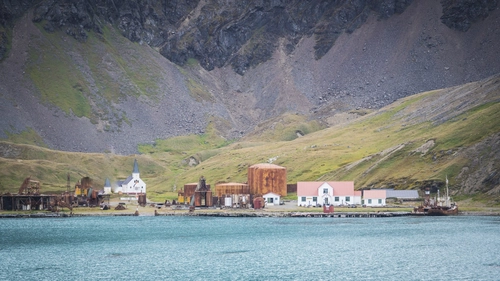Name: Fulmar (Northern - Fulmarus glacialis, Southern - Fulmarus glacialoides)
Length: 45 cm
Weight: 450 to 1,000 grams
Location: Northern Fulmar in the North Atlantic and North Pacific; Southern Fulmar in the Southern Ocean
Conservation status: Least Concern
Diet: Fish, squid, shrimp, carrion, refuse, plankton, jellyfish
Appearance: Gull-like with white or grey coloring, tubed beaks, and stiff-winged flight
How do Fulmars feed?
Fulmars are pelagic, living entirely at sea except during breeding months. They hunt by diving several meters underwater or by plucking prey from just beneath the surface.
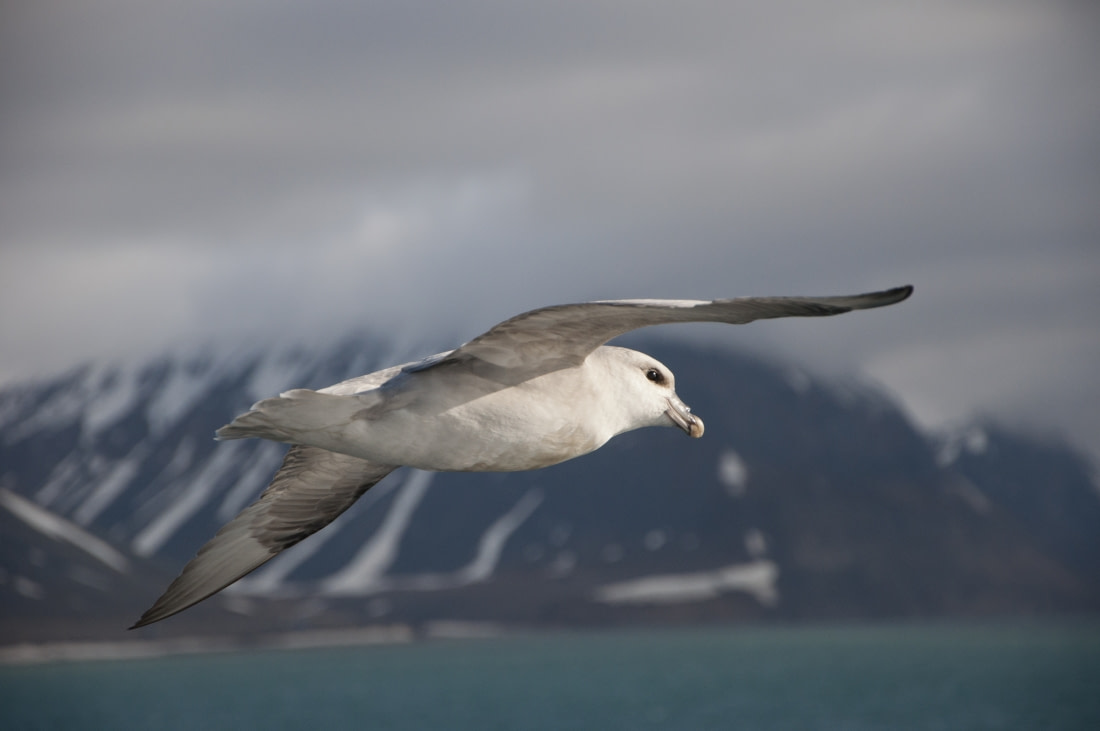
Are Fulmars social?
Fulmars nest in large colonies.
How fast do Fulmars fly?
Fulmars fly at an average speed of 47 km per hour.
What are Fulmar birthing rituals like?
Fulmars reach sexual maturity between 6 and 12 years of age. They are monogamous and return to the same nesting site annually. Breeding season begins in May, with females storing sperm for weeks. They nest on cliffs, laying one egg on bare rock or a simple scrape lined with grasses or seaweed. Incubation lasts about 50 days, with parents taking turns. Chicks are fed by both parents for about 2 weeks and fledge around 70 days after hatching.
How long do Fulmars live?
Fulmars can live up to 40 years in the wild.
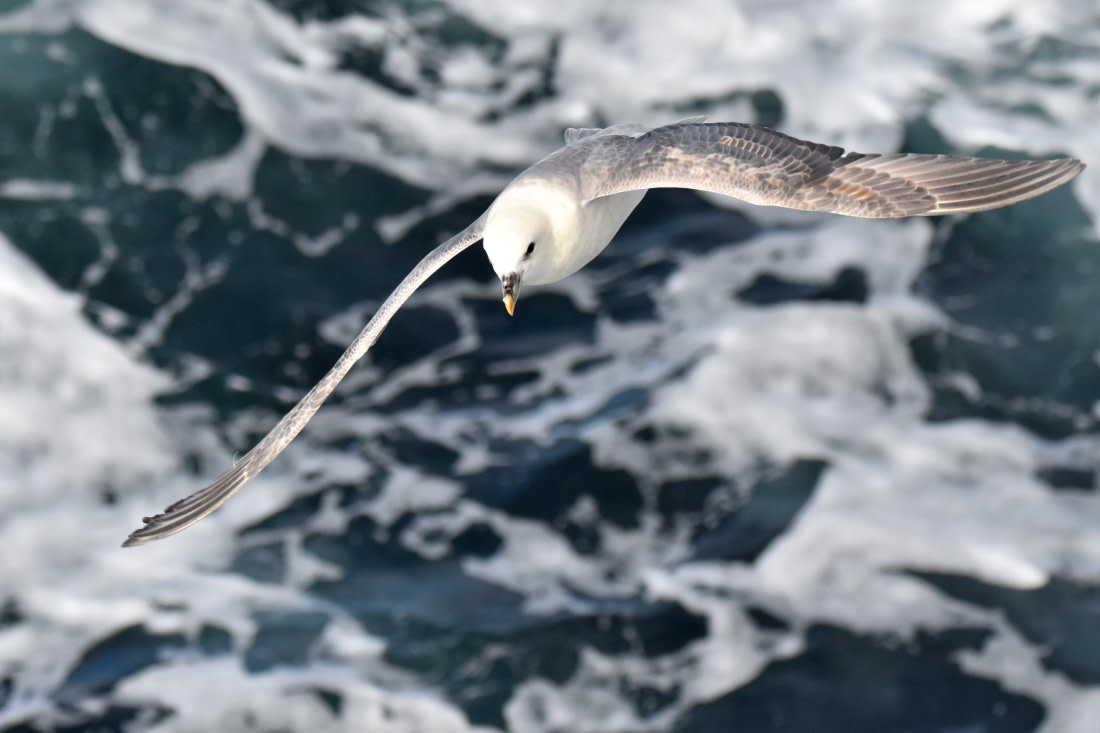
How many Fulmars are there today?
Northern Fulmar: 15,000,000 - 30,000,000
Southern Fulmar: 4,000,000
Do Fulmars have any natural predators?
Chicks and eggs are preyed upon by skuas, sheathbills, foxes, squirrels, and rats.
7 Fascinating Fulmar Facts
- Fulmars produce stomach oil stored in the proventriculus, used for defense by spraying at predators or as a high-energy food for long flights and feeding young.
- They have a gland above their nasal passage that excretes saline to expel excess salt from seawater intake.
- The name "Fulmar" comes from Old Norse words meaning "foul gull," referring to the smelly stomach oil.
- Despite their gull-like appearance, Fulmars are related to petrels.
- Scottish naturalist Andrew Smith first described Fulmars in 1840.
- Fulmars have a well-developed sense of smell to locate fish by detecting fish oil on the water's surface.
- They often follow fishing ships to scavenge waste.
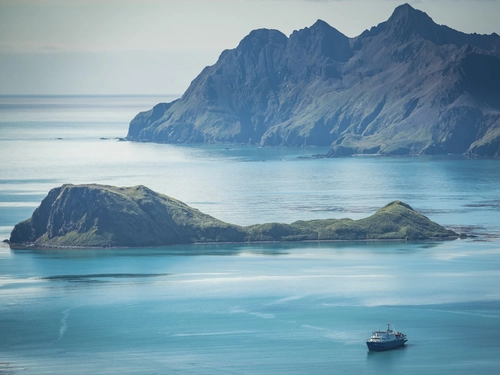
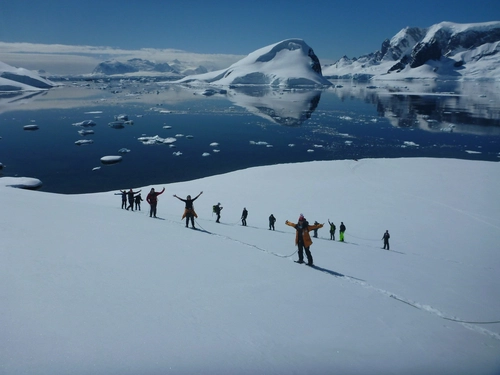
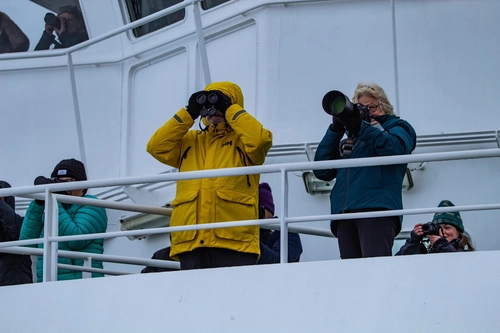

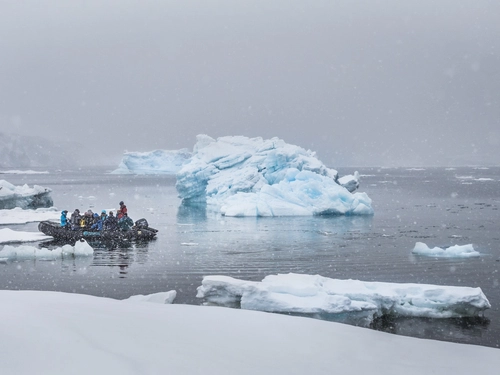

Related Trips


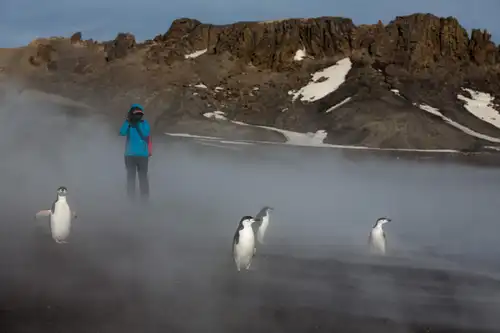
Graham Land: A landscape dominated by volcanoes
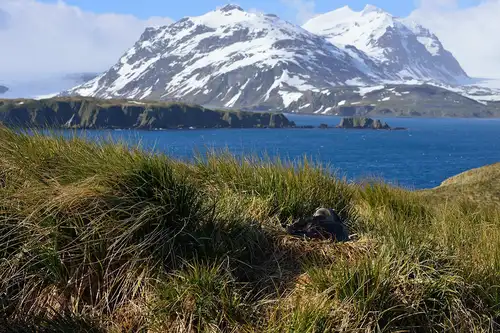
Flowers in Antarctica
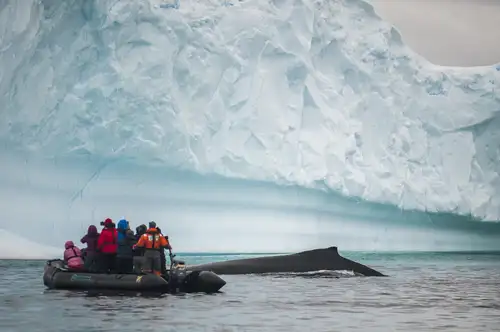
A Day of Whale Watching in Antarctica
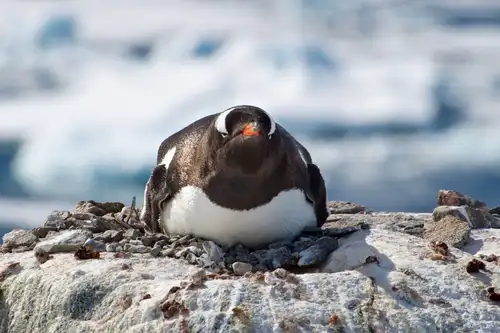
Life in a Penguin Colony
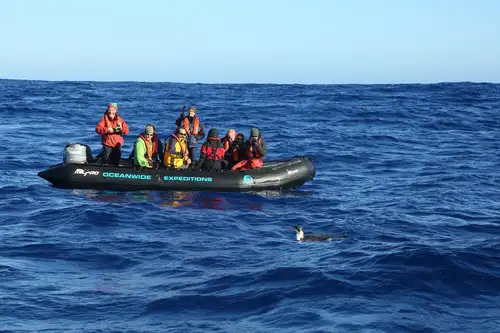
The Emperor Penguin of the Drake Passage
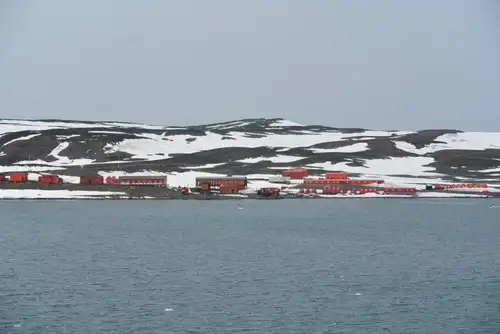
Living the Antarctic Dream
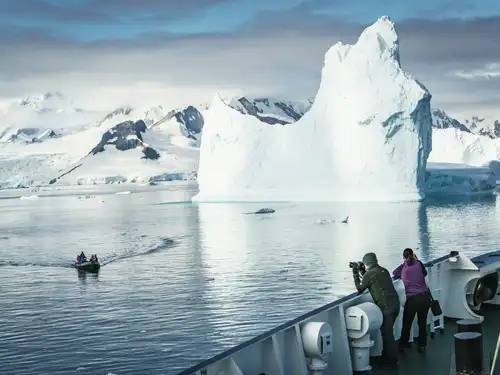
Antarctic Explorer’s Voyage
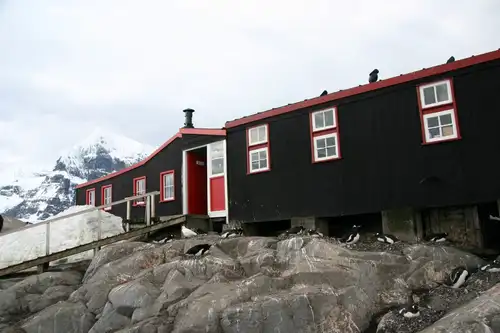
Port Lockroy: History, Post Office, and Resident Penguins
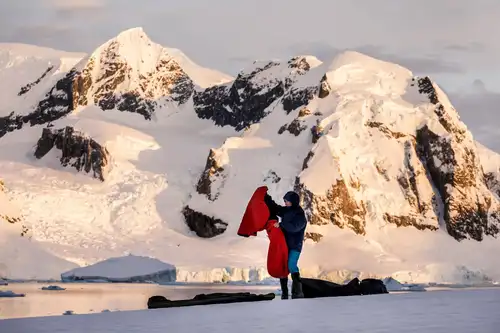
Camping in Antarctica: a True Expedition Experience
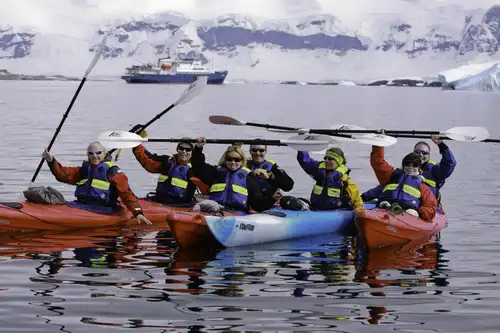
A Day of Basecamp in Antarctica – Paradise Harbour
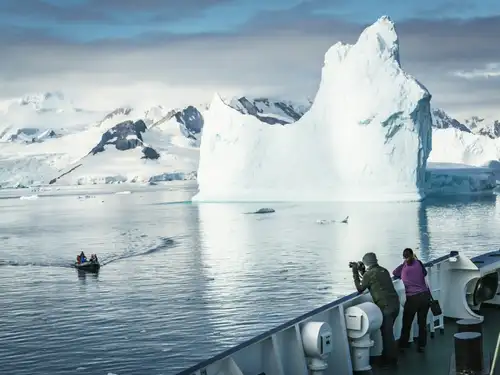
The Classic Polar Cruise: Antarctic Peninsula Facts, Pics, and More
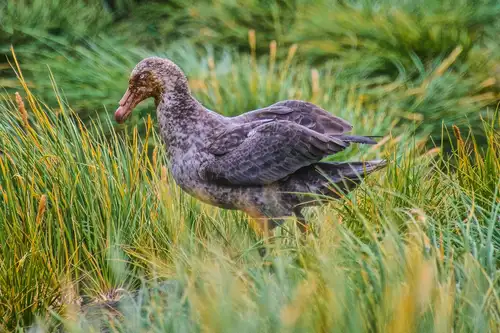



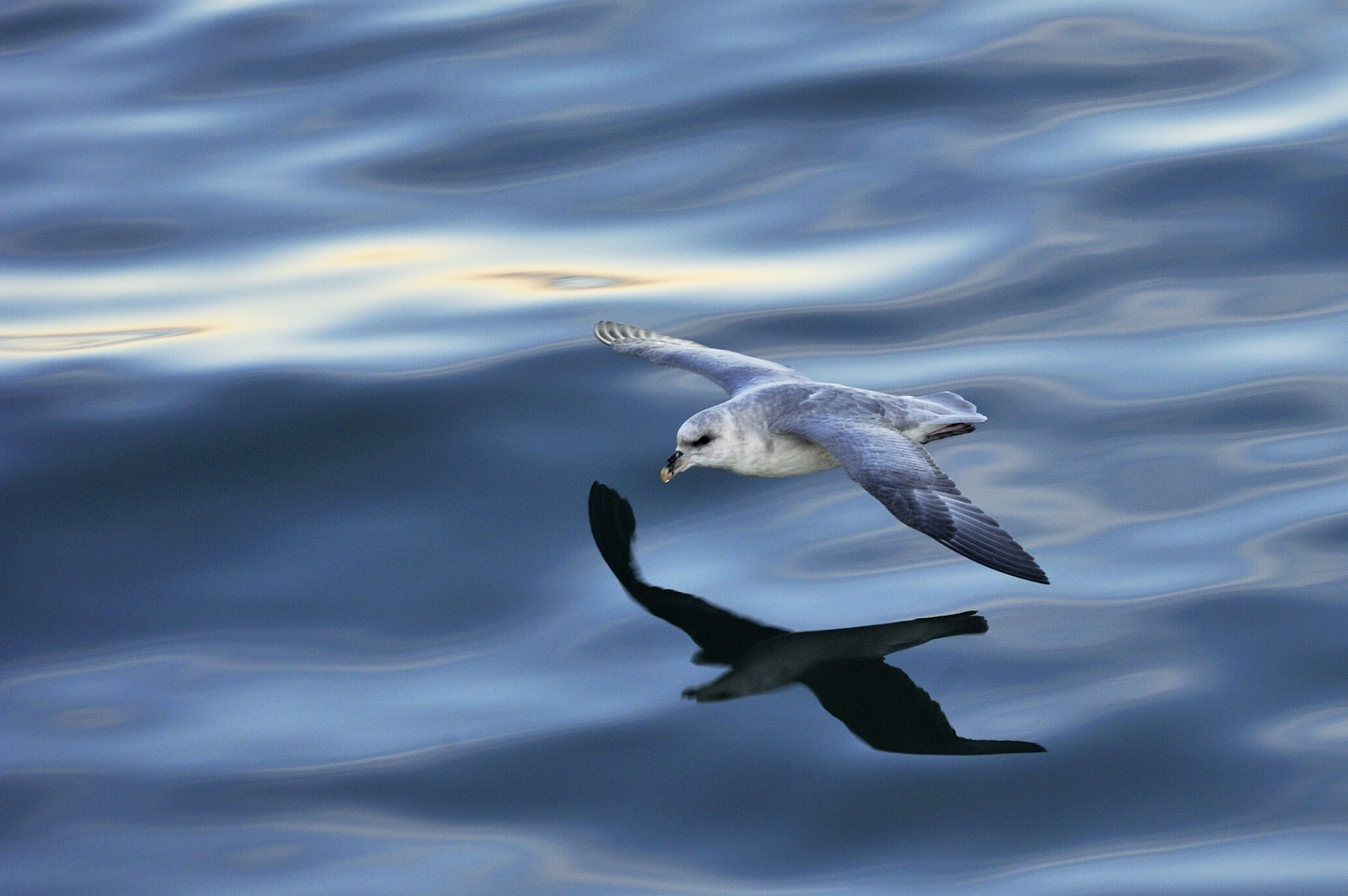
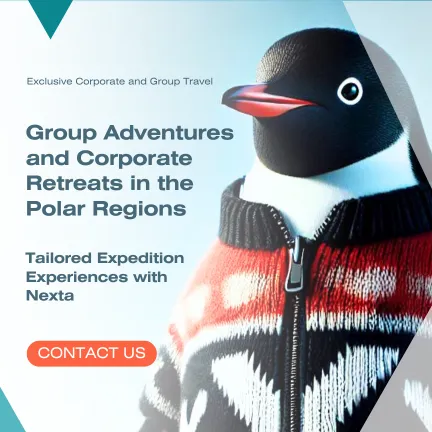
 19 Days / 18 Nights
19 Days / 18 Nights

